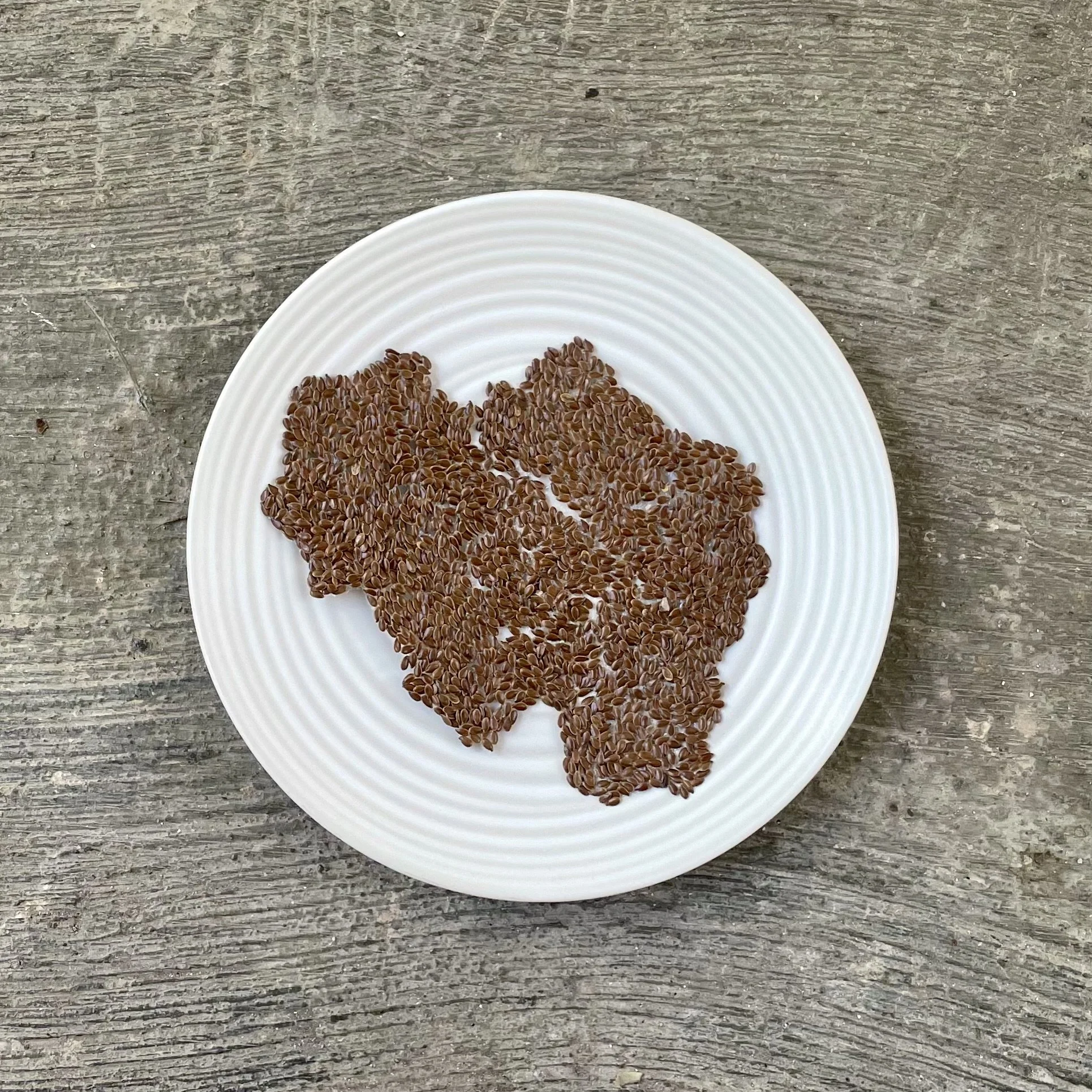Waste not, want not—how hotels can master food waste reduction
When sustainability is more than an ethos, you get chefs like Vojtech Végh. A judge for the Tuu Eco Stay Awards and founder of Surplus Food Studio, Végh’s mission is simple: prove that food waste isn’t a problem—it’s an untapped opportunity.
Words by Liam Aran Barnes | Eco Stay Awards Co-founder
Image source: Surplus Food Studio
From running the world’s first zero-waste vegan restaurant in Cambodia to helping hotels turn scraps into culinary masterpieces, Végh is determined to make food waste a thing of the past.
Treating every part of an ingredient like it's irreplaceable shifts the perspective entirely.
Most hotels don’t even know how much food they’re wasting—and that’s where the issue begins.
Végh points out that without tracking waste, it’s impossible to make meaningful changes.
“If you don’t know where the waste is coming from, how can you stop it?”
It’s not just about what’s left on the buffet table; everything from herb stalks to cauliflower leaves can have a place on the plate.
In hospitality, waste isn’t just an unfortunate byproduct—it’s a missed opportunity to innovate and save costs.
Végh’s top 5 tips for reducing food waste
Hotels looking to cut down on waste need to stop treating food waste reduction as an afterthought.
These tips can help rewire kitchens to waste less and save more:
Measure first: Without data, you’re guessing. Start tracking food waste to understand where it’s coming from.
Tackle high-value waste: Find the most expensive ingredients being thrown out. Can they be reused, repurposed, or simply handled better? The answers will cut costs and waste simultaneously.
Sharpen knife skills: Trimming waste begins with precise knife skills. Train your chefs to get the most out of every ingredient—proper slicing makes a world of difference.
Buffet? Rethink it: Buffets are a notorious source of waste. Switching to à la minute or made-to-order options helps ensure guests get what they need without the surplus.
Upcycle in-room snacks: Your in-room snacks could be more than just complimentary goodies—they could tell a sustainability story. Use leftover ingredients to create upcycled treats that are both delicious and eco-friendly.
3 zero-waste dishes to elevate your menu today
Végh’s advice is simple to implement, and reducing food waste doesn’t always require a complete menu overhaul. Sometimes, small tweaks can make a big difference. Here are three zero-waste items that can easily be integrated into any hotel’s kitchen operations, helping reduce waste while offering something unique to guests:
Arancini
Arancini, the classic Sicilian deep-fried rice balls, are a culinary lifesaver when it comes to repurposing leftovers. In a hotel kitchen, where rice is often prepared in bulk and ingredients like herb stalks, carrot peels, or beetroot trimmings tend to pile up, these rice balls offer an elegant solution.
Image source: Surplus Food Studio
Leftover rice, mixed with flavour-packed herb stalks, carrot peels, and other unused ingredients, transforms what was once destined for the bin into a buffet favourite. Arancini’s versatility makes them a cost-effective, crowd-pleasing addition to your menu.
Flaxseed crackers
Flaxseed crackers offer a fantastic zero-waste option, whether served in the restaurant or included as part of in-room amenities. Made by mixing ground flaxseeds with vegetable purée—created from leftovers like broccoli stalks, cauliflower leaves, or root vegetable trimmings—these crackers are baked to a crisp.
Image source: Surplus Food Studio
Not only do they breathe new life into ingredients otherwise discarded, but their rustic, homemade quality adds a thoughtful, sustainable touch that guests appreciate.
Green salsa
Salsas aren’t just for chips—they’re a versatile addition to almost any meal and the perfect vehicle for using up scraps like wilted herbs or vegetable peels. In hotels, where watermelon rind or cucumber peels tend to end up in the bin, a green salsa offers a creative, sustainable solution.
Image source: Surplus Food Studio
Blend these ingredients with fresh lime juice, garlic, and olive oil for a bright, flavourful salsa that works as a dip, condiment, or topping. This simple, zero-waste dish helps reduce waste, adding a fresh, tangy twist to your menu that guests won’t expect.
Végh’s vision for a zero-waste future
For Végh, the future of zero-waste in hospitality is about seamless integration.
“There’s nothing to balance,” he says. Food waste reduction shouldn’t feel like an extra task—it should be part of the daily workflow.
Efficiency and sustainability go hand in hand, and once zero-waste practices are normalised, there won’t be a need to highlight them.
“I hope there will be a time when we don’t call it zero-waste,” he adds. “It’ll just be the standard.”
That’s where the industry needs to go—where doing the right thing becomes so routine, it doesn’t even need a name.
Végh isn’t just about reducing waste—he’s about turning what’s left behind into something special. His book, Surplus: The Food Waste Guide for Chefs, offers countless ways to get creative with kitchen scraps.
At Tuu Eco Stay Awards, we celebrate hotels that push the boundaries of sustainability. So, what is your hotel doing? Are you part of the solution, or just another statistic?
Now’s the moment to act—rethink what’s possible. Stop wasting time, and more importantly, stop wasting food.





